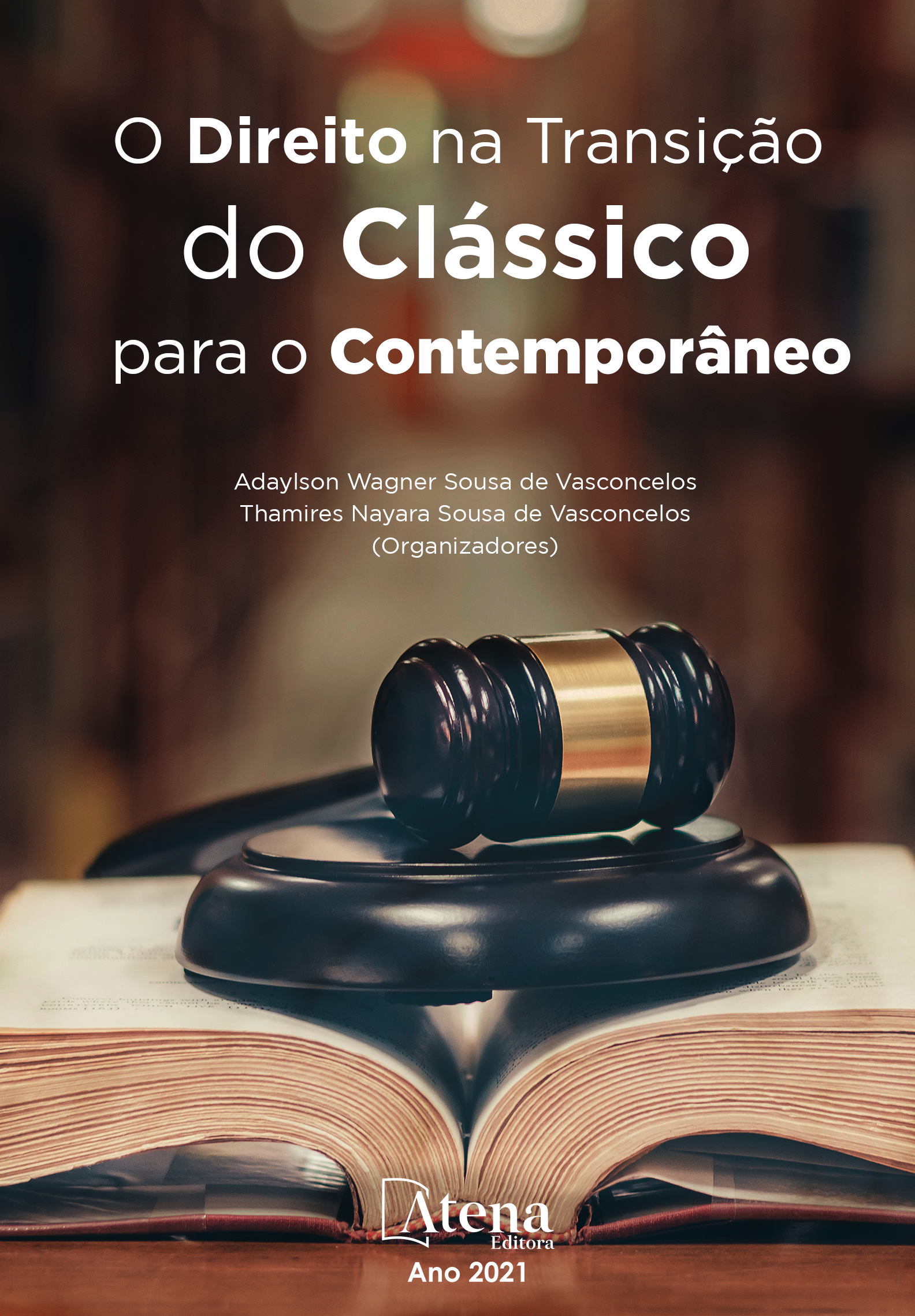
A instituição do Imposto sobre Valor Agregado no Brasil: uma proposta constitucional?
O presente artigo, elaborado com o método dedutivo, busca expor as principais desvantagens da implementação do Imposto sobre o Valor Agregado - IVA, com ênfase no atual panorama da tributação sobre o consumo no Brasil. O objetivo geral compreende a discussão sobre a unificação de diversos tributos sobre o consumo em um único imposto (IVA) e as potenciais consequências da reforma do sistema tributário nacional, principalmente sob o aspecto constitucional. Nesse aspecto, buscar-se-á responder ao seguinte questionamento: a unificação dos tributos sobre o consumo, mediante a instituição do IVA, efetivamente atenderá aos preceitos da simplificação, do princípio federativo e, sobretudo, da função social dos tributos, gerando benefícios aos contribuintes? Para tanto, apresentar-se-ão, primeiramente, do ponto de vista da repartição de competência tributária, os principais tributos que incidem sobre o consumo, quais sejam: Imposto sobre Produtos Industrializados (IPI), o Imposto sobre Circulação de Mercadorias e Serviços (ICMS), Imposto sobre Serviços (ISS), Contribuição para Financiamento da Seguridade Social (COFINS) e contribuições para os Programas de Integração Social e de Formação do Patrimônio do Servidor Público (PIS/PASEP). A partir de elementos conceituais, da contextualização histórica e da aplicação do Imposto sobre o Valor Agregado noutros países, serão abordadas as limitações e dificuldades na implantação do IVA no Brasil, tendo em vista o princípio federativo no sistema tributário, os efeitos adversos da promessa de simplificação tributária, constantemente defendida no país, e a função social dos tributos na implantação de políticas públicas. Com base nesses aspectos, conclui-se que a criação do IVA no Brasil atenta contra os pressupostos inafastáveis da Constituição Federal, notadamente, pelo risco de enfraquecimento do pacto federativo, por desestimular a construção de uma sociedade livre, justa e solidária e por não contribuir para a redução das desigualdades sociais.
A instituição do Imposto sobre Valor Agregado no Brasil: uma proposta constitucional?
-
DOI: 10.22533/at.ed.7032112025
-
Palavras-chave: Imposto sobre o Valor Agregado; reforma tributária; função social; pacto federativo; simplificação.
-
Keywords: Value Added Tax; Tax Reform; Social Role; Federative Pact; Simplification.
-
Abstract:
The following article, elaborated through the deductive approach, aims to expose the main disadvantages of the implementation of the Value Added Tax (VAT or “IVA”), emphasizing the current scenario of consumption taxation in Brazil. The general objective comprises the discussion on the unification of several excise taxes into a single tax (VAT) and the potential consequences of the reform of the national tax system, especially under the constitutional aspect. In this context, it aims to answer the following question: the unification of consumption taxes through the introduction of VAT will effectively meet the principles of simplification, the federative principle and, above all, the social function of taxes, generating benefits to taxpayers? Therefore, the main taxes on consumption will be presented, from the point of view of the division of tax competence in Brazil, namely: Tax on Industrialized Products (“IPI”), Tax on Circulation of Goods and Services (“ICMS”), Services Tax (“ISS”), Contribution to Social Security Financing (“COFINS”) and contributions to the Social Integration and Patrimony Formation Programs of the Public Servant (“PIS / PASEP”). Based on conceptual elements, its historical contextualization and application of VAT in other countries, the limitations and difficulties in the implementation of VAT in Brazil will be addressed, considering the federative principle that governs the current tax system, the adverse effects of the promise of tax simplification, constantly defended in the country, and the social role of taxes in the implementation of public policies. This article concludes with the perception that the creation of VAT in Brazil undermines the inescapable assumptions of the Federal Constitution, notably by the risk of weakening the federative pact, by discouraging the construction of a free, fair and solidary society and not contributing to the reduction of social inequalities.
-
Número de páginas: 21
- Luiza Miranda Heinisch
- Ana Luísa Sevegnani


